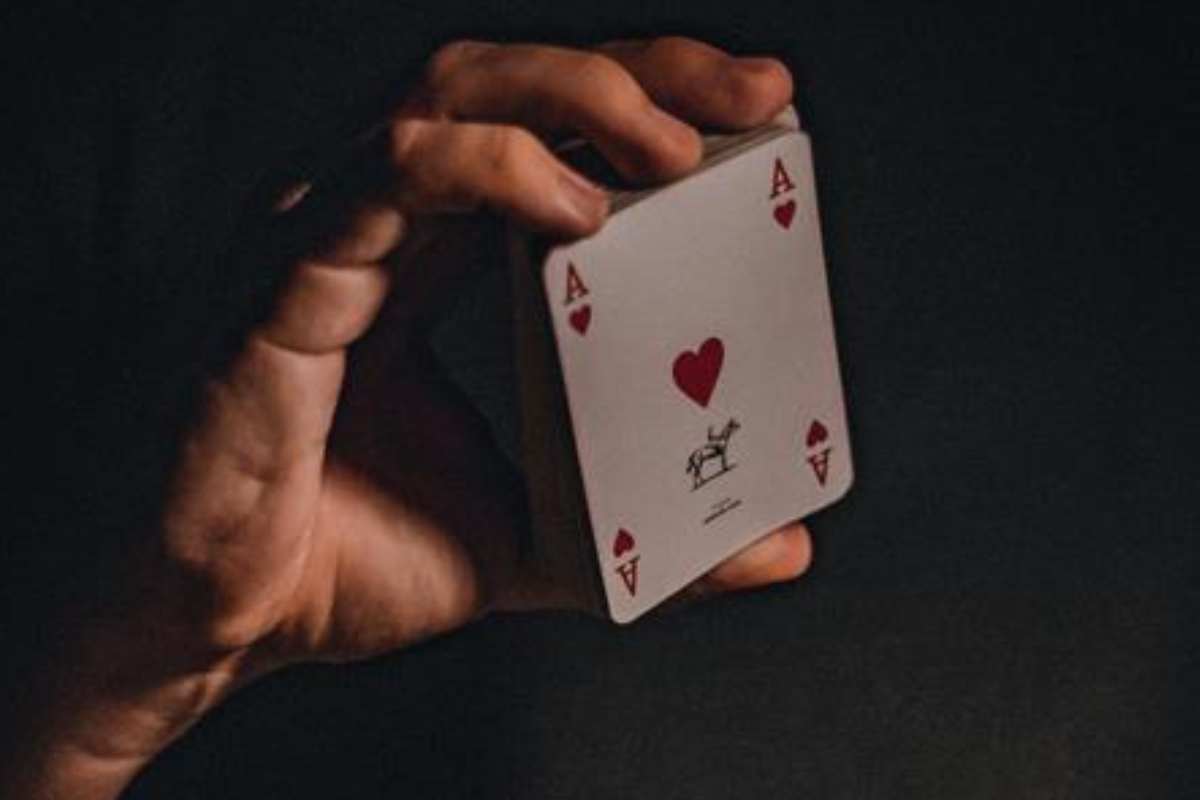5 Strategies to Master Card Games for the Enthusiasts
Master Card Games I’ve been playing cards for over a decade, and I can tell you there’s way more to winning than just

Master Card Games
I’ve been playing cards for over a decade, and I can tell you there’s way more to winning than just luck. Sure, anyone can memorize rules, but actually getting good is a whole different game.
Card games have hooked players for centuries because they’re this perfect storm of chance, strategy, and pure skill. And if you’re serious about improving (whether you’re a weekend warrior or someone who dreams of tournament play), these five strategies will change how you think about every hand you’re dealt.
Master the Math (Yes, Even If You Hate Numbers)
Look, I get it. Math isn’t everyone’s favorite subject. But here’s what I learned the hard way — ignoring probability in card games is like driving blindfolded. You might get lucky for a while, but eventually you’ll crash.
Take poker. When I first started, I’d make gut decisions and wonder why I kept losing money. Then I learned basic odds calculation, and everything clicked. Knowing there’s roughly a 2% chance of hitting that inside straight on the river was a game-changer. It stopped me from chasing bad beats and throwing good money after bad.
The best players I know can run these calculations almost instantly. They’re not math geniuses — they just practiced until it became second nature. Download a poker odds app, print out some probability charts, whatever works for you. Trust me, your bankroll will thank you.
Keep Your Cool (Easier Said Than Done)
We’ve all heard about poker faces, but emotional control goes way deeper than just looking blank. I’ve watched players lose massive pots because they couldn’t hide their excitement over a good hand, or because they went on tilt after a bad beat.
Here’s what works for me: deep breathing. It sounds simple, maybe even silly, but when that guy across the table is needling you or when you just got sucked out on, controlled breathing keeps me centered. Some players use meditation, others have little rituals. Find what works.
This becomes huge in US poker, where reading opponents is half the battle. If you’re broadcasting your emotions, you’re giving away free information. And in a game where information is currency, that’s expensive.
Train Your Brain to See Patterns
Good card players notice things. Great ones see patterns that others miss completely.
I play bridge with this guy who’s been at it for thirty years. He can tell you exactly which cards have been played, who’s got what left in their hand, and what’s coming next. It’s just pattern recognition on steroids.
Start small. In your next game, try remembering the last five cards played. Then ten. Work your way up. You’ll be amazed at how much this improves your decision-making. Suddenly you’re not just reacting to what’s happening — you’re anticipating it.
Stay Flexible (Your Plan A Will Fail)
I used to be that player who’d stick to one strategy no matter what. Spoiler alert: it didn’t work out well.
Card games throw curveballs—that tight player suddenly starts betting aggressively, or your blackjack table gets hot, then ice cold. The hearts game you thought you had figured out completely flips when someone starts dumping points early.
The players who win consistently adjust. They read the room, adapt to their opponents, and aren’t married to any single approach. It’s like having a toolbox instead of just a hammer.
Learn from Everyone (Even the Fish)
The poker community taught me something valuable: there’s always someone who knows something you don’t. That recreational player who seems clueless? Maybe they’ve picked up a tell on you that you don’t even know you have.
I’ve learned killer strategies from forum discussions, picked up new techniques by watching YouTube videos, and discovered weaknesses in my game just by talking to other players after a session. Online communities, local card rooms, and even casual home games are all classrooms if you’re paying attention.
Putting It All Together
These strategies aren’t just about winning more card games (though you probably will). They’re about developing skills that transfer everywhere — better decision-making under pressure, improved pattern recognition, and emotional control when the stakes are high.
Will you become a card shark overnight? Definitely not. But stick with these principles, and you’ll notice the difference pretty quickly. More importantly, you’ll start seeing card games not just as entertainment, but as this fascinating mental challenge that keeps getting deeper the more you explore it.
